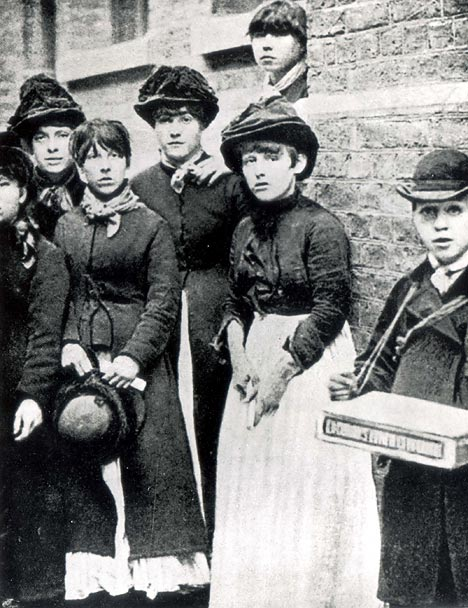East London used to be a hotbed of white working class women activists. So where are they now?

Up until WW2, East London was thriving with working class women activists, most of whom were white. From the Matchgirls to MillyWiktop and Sarah Wesker, they campaigned against the things that impacted directly on their lives, such as labour rights and housing.
Many of these women were Jewish, most coming from the Russian Empire. In the 70s they passed the mantle to the Bengali community. To this day Bengali women are challenging inequality and fighting to improve their lives and communities.
But what happened to the white working classes?
Our research revealed little about their activities post WW2. Our oral history collection features several interviews with people from working class families, but they have had enough social mobility to no longer campaign on issues that impact them directly. They have a general sense of injustice at the inequalities in the world, and fight for issues not on their doorstep, such as climate change, peace and FGM.
Is it that the Jews moved out, and gentrification moved in, leaving very few white working classes in East London? Or is it, as Paul Mason suggests in The Guardian, white working class culture has been destroyed, and gone with it are its radical thinkers and activists?
There are elements of it in other boroughs – Focus E15 in Newham for example. But in the three boroughs we explored – Hackney, Tower Hamlets and Waltham Forest – we found virtually nothing.
Class is enormously important as it underpins everything. If you’re a woman, you’ll face inequality, but it will be doubled if you’re a working class; if you’re black you’ll face inequality; but it will be doubled if you are working class. Yet while they’re selling This Is What A feminist Looks Like t-shirts in Whistles, I think we’ll be waiting a while for the This Is What A Socialist Looks Like version.
If you think there are white working class women’s groups we’ve missed in these boroughs we’d love to know. Share your thoughts in the comments section below.
